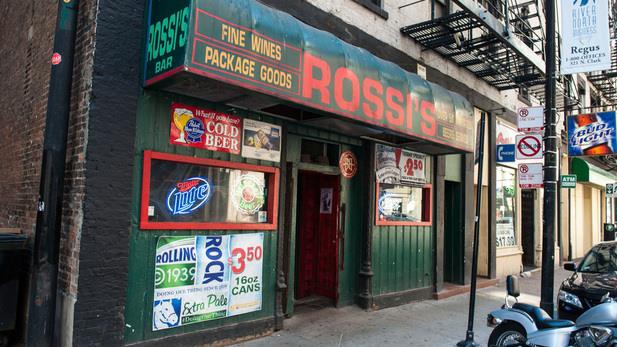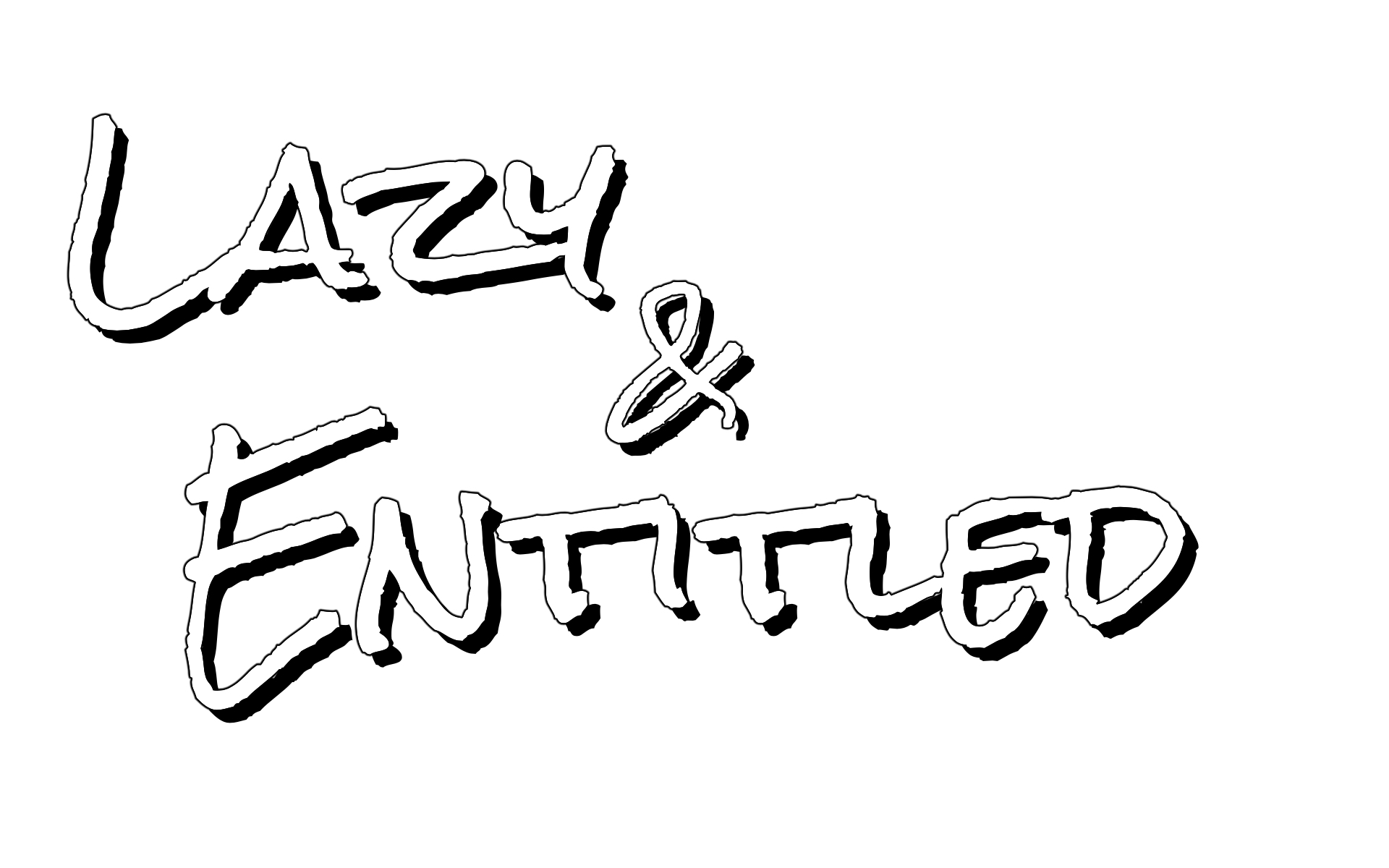“Jimmy Butler just wants to work hard and be the man” – Trey Kerby, on the founder of Big Face Coffee
The Discourse blew up again over the weekend, or maybe last week, time is fuzzy because I was in California and then my parents were in Chicago. This time poor Kevin Maloney, a writer I was unfamiliar with before this (I’m so sorry Kevin, if it helps, I’m on your side), was Twitter’s Main Character, for saying that writers need to work on their writing sometimes.
I’d post the tweets, but certain billionaires are way smarter than me and know how the world works more than me, so we can’t link tweets on Substack anymore. I am a Real JournalistTM, tho, so I’ll transcribe:
The most important lesson I ever learned as a writer: When I was 28 I was at a bar on a Friday night. My friends and I were dancing and getting wasted and having an amazing night, when I looked around and noticed that my buddy Clark was missing. I asked my buddy Jeremy, “Hey where’s Clark?” Jeremy said, “In his studio, painting.” I said, “On a Friday night at midnight?” Jeremy said, “Yeah. I mean… that’s why he’s so good.”
I was trying to be a writer at the time but only did it here and there in little spurts. A few years later, I was still thinking about Clark in his studio on a Friday night at midnight. I decided to start treating writing the way Clark treated his art. The way professional athletes treat their workouts, waking up at 6am and putting in the time, even when they don’t want to. That’s when I experienced a huge leap forward in the quality of my writing. I didn’t wait for inspiration. I just wrote and wrote and wrote and wrote. I treated it like my real job. Everything else was a distraction.
I just think some writers treat writing and art as something precious. I recommend watching sports documentaries and cooking documentaries. Learn about the habits of people who are amazing at what they do. It usually isn’t genius or freakish ability. It’s usually just profound desire and a willingness to put in the work.
Clark’s art is here, in case you missed that hyperlink. I was gonna post it with all the Twitter line breaks but hey, I got imaginary column inch limits.
Any good newspaper vet will tell you column inch limits are important.
That’s why they do so many one-sentence paragraphs.
Or maybe it’s the writers’ equivalent of Boomer Bends.
Wooooo, got sidetracked there! Fortunately, getting distracted is a time-honored tradition while working. Speaking of getting sidetracked, I haven’t even watched that video. I just know exactly what Tim Henson means when he talks about bending a guitar like a Boomer.

The only place I disagree with Kevin here is lionizing putting time in at midnight on a Friday. No one should be putting in work on midnight on a Friday, even if your proverbial “midnight on a Friday” is 9 a.m. on a Wednesday.

In all seriousness—at least as much seriousness as any craft advice deserves to be taken—treating writing like a job has been super helpful for me. I should say I’m in an extremely lucky position—my wife has a real job, so I can more or less afford to live on the meager scraps casually tossed to freelancers. My therapist would say being a stay-at-home-dad counts as a real job, and she’d be right. Since my primary job was in preschool from 8-2:45 five days a week this last year, I got to act like a Working Writer. And pretending it was a real job really helped me. Here’s some stuff I learned, some stuff that is not dissimilar to what my time in the corporate world taught me:
The 40-Hour Work Week Is Kinda Too Much: I liked to think I was coming home from school drop-off, working out/showering, then cranking out chapter and verse from 9-2. In reality, I was happy if I got 90 minutes of real writing in (somewhere between 1-3 Chon or Polyphia albums’ worth of writing, depending on the day’s genre). And you know what? I’m all but first-drafted on two manuscripts of short stories (that I’d begun before this school year started, but still). I got my work done. Obviously, there’s a lot more to writing than sitting and typing—there’s research, there’s getting in the right mental space, there’s letting things marinade—but I do have a lot of words and pages from about 15-20 hours a week of actual sitting and typing.
But For Real, Discipline Is A Good Thing: this is where I veer into the personal, the “it’s what worked for me.” I am something of a goody-twoshoes when it comes to work and school—punctual, afraid to take sick days, don’t want to rock the boat, just want to do my stuff and go home. What’s helped me over the past year is trying to put (a healthy amount of) that same pressure on my writing. Your labor is valuable, the leftists say. I wasn’t just giving the old bosses my physical labor, I was sacrificing my mental labor worrying about impressing the old bosses. What happens when I am my own boss? I had to remind myself of an important truth: my writing is way more important than the average drive thru turnaround time on a Thursday lunch rush at Taco Bell, so why was the one that made me smell like beans the one I lost sleep over?

no disrespect to beans, or Beans, which are wonderful (credit: Wikimedia Commons, UserTwoSix) Writing Workshops Are Professional Development: I used to not take writing workshops because I couldn’t afford them. I still can’t really afford them, but I also feel like I can’t afford not to take some every now and again? One huge perk of this profession is that you need to constantly be sharpening your brain. I’m saying “go take a writing workshop” the way influencers say “treat yourself like the main character.” Even Tim Henson took guitar lessons before the latest Polyphia record.
Workers Everywhere Should Get More Vacation Time (And Use It, Too): right before my kid got out of school for the summer, I took a week vacation. At my house. What the vacation meant is I dropped the kid off at school, and then did what I wanted—took a walk, played guitar, played video games, read, wrote (only if I felt like it, only on a project that wasn’t the current WIP). It came at a time when I was feeling burnout on my WIP. By the week’s end, I felt mentally refreshed and ready to get back into it. Take vacation, however you can.

these guys know the value of a good vacation, amirite? (Credit: IFC Films) Work Does Not Need To Be That Serious: caveats, of course, if you’re like a nurse or a teacher or firefighter or whatever. This is where I come back to chafing at “painting at midnight on a Friday.” Yes, work is what we do to live—but work to live, not live to work. I take my writing very seriously, I get in bad moods if I go long periods of time without writing, I don’t know much of who I am without writing, the most lost I’ve felt is when I felt I couldn’t write. But Jesus Christ, it’s just writing. Who really cares? If we must work—and I am still Protestant enough to think we all must work, in some capacity—then work should be fun and work shouldn’t kill us. No one is ever going to live or die based on whether or not they’ve read one my novels, your poems, somebody’s genre-bending CNF. It’s all just fun. Fun that we need to live, but fun. Everyone chill out.

“I WROTE THIS SONG AT MIDNIGHT ON A FRIDAY” “Please, no—wait, it’s kinda good actually” (credit: Wikimedia Commons, a nun frightened by a ghost playing guitar, page 65 from the ‘Images of Spain’ album, Francisco Goya)
Chill out or the acoustic ghosts come out.
Sorry you got an email,
Chris
